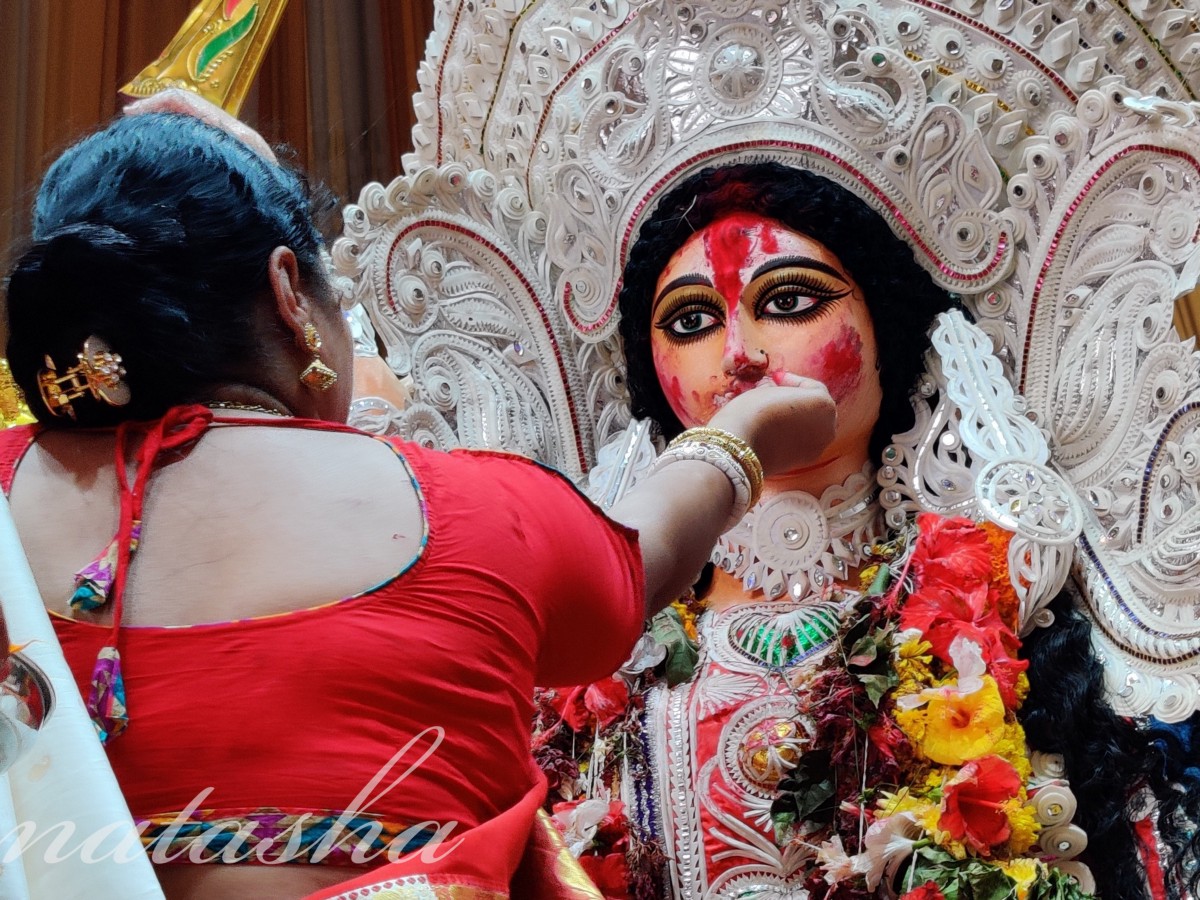
Men often feel threatened when we speak about the political, economic, social and personal equality of the sexes. Secure in the privilege that their gender confers on them, men do not realize that they too are victims of the patriarchal mindset.
++
++
Yes, Patriarchy does benefit men. It confers the title of “superior” gender on men. It empowers them to dictate how women behave. Their bodies aren’t policed, and they are certainly not in as much danger of sexual, physical or emotional abuse.
++
++
However, even though Patriarchy favours men over women, it does extract a price from men (and boys).
[I shouldn't need to say it, but to avoid being accused of drawing false equivalence, I will specify that the price is not comparable to what it extracts from women]
++
[I shouldn't need to say it, but to avoid being accused of drawing false equivalence, I will specify that the price is not comparable to what it extracts from women]
++
Patriarchy confers the title of “protector” on men, which restricts their professional choices, and often requires them to give undue weightage to financial considerations while making decisions. This puts severe pressure on men and affects their sense of self-worth.
++
++
A man who chooses to step back professionally and support his more successful partner is often subject to derision, because he chose to go against societal expectations.
[women suffer more by being forced to be "homemaker" despite having a career, but men suffer differently]
++
[women suffer more by being forced to be "homemaker" despite having a career, but men suffer differently]
++
From birth, boys are discouraged from showing emotion. They are brought up to believe that “boys don’t cry”, and if they show emotion are silenced by being told to “stop behaving like a girl”. This doesn’t allow them to give vent to their emotions.
++
++
Forcing men to be stoic, often results in them either turning to substance abuse or overcompensating by acting aggressively towards women/ non-binary men/ children. Men would be better off if they were permitted to display their feelings.
++
++
The cult of masculinity, which abhors any sign of weakness, also ensures that men are less likely to seek help for emotional problems.
[though the strict gender norms imposed by patriarchy affect women much more, they affect men too]
++
[though the strict gender norms imposed by patriarchy affect women much more, they affect men too]
++
While motherhood is excessively glorified [to the detriment of women], fatherhood is not considered on par with it. This forces families to conform to patriarchal stereotypes and discourages fathers from taking on the role of primary caregiver. This works against both genders.
++
++
Though both male and female children are victims of sexual assault, the family considers the girl child to be more vulnerable and is more likely to take steps to protect her.
Boys who are abused often do not know where to complain and are left to process the trauma on the own.
++
Boys who are abused often do not know where to complain and are left to process the trauma on the own.
++
Adolescent girls are sexually violated much more than adolescent boys. However, while the girl can tap into the moral support of her female friends, no such support system exists for the boys, and those that are abused are compelled to suffer in silence.
++
++
Adult men, particularly homosexual or non-binary men, do not even have an adequate legal structure to protect them from rape. Male sexual assault is almost always subject to derision or dismissed outright.
[again, not drawing any equivalence with what women go through]
++
[again, not drawing any equivalence with what women go through]
++
The patriarchal mindset barely acknowledges female-on-male domestic violence. While such incidents may be low, they do exist, and the victims struggle to even admit to themselves that it is possible, much less seek redressal.
Another case of patriarchy letting men down.
++
Another case of patriarchy letting men down.
++
By definition, Patriarchy is stacked against women. However, by placing the burden to provide on men, denying them the right to express their emotions and leaving them open to abuse, Patriarchy can also victimise men and boys.
++
++
It is in everybody’s interest to dismantle patriarchy and replace it with a system that ensures and enables everybody to reach their full potential in an equitable manner.
link.medium.com/RhPDHYaY3ab
link.medium.com/RhPDHYaY3ab
• • •
Missing some Tweet in this thread? You can try to
force a refresh



